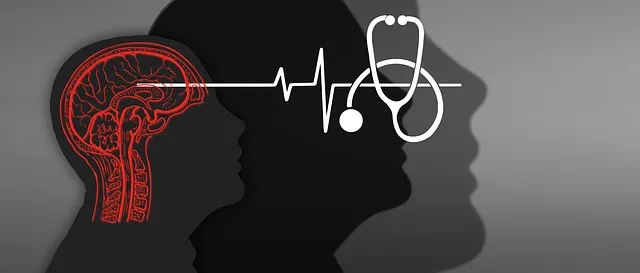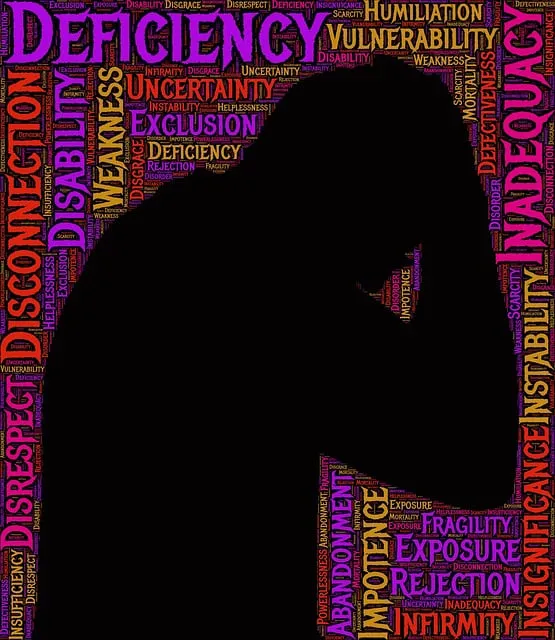The Boulder Kaiser Permanente Behavioral Health Center leverages the RFM (Reliability, Frequency, Monetary value) framework to optimize patient care. By analyzing these factors, they understand and segment customer behavior in behavioral health services, enabling tailored interventions for improved resilience and well-being. Their resilience-building programs integrate Mind Over Matter principles, cultural competency training, and strategic assessments, leading to better mood management and stress reduction. Continuous data tracking shows significant positive shifts in emotional well-being over time, ensuring the center's programs remain effective and empowering individuals within communities to lead healthier mental lives.
“Resilience is a cornerstone of mental well-being, especially in demanding environments like healthcare. This article explores the implementation of RFM (Recovery, Flexibility, and Mastery), a powerful framework used at the Boulder Kaiser Permanente Behavioral Health Center to enhance resilience among staff. We delve into the process of preparing for resilience-building exercises, offer strategies for successful implementation, and discuss measurement techniques to assess the long-term impact on healthcare professionals’ resilience.”
- Understanding RFM and Its Application at Boulder Kaiser Permanente Behavioral Health Center
- Preparing for Resilience Building Exercises: A Comprehensive Guide
- Implementing the RFM Framework: Strategies and Techniques for Effective Change
- Measuring Success and Long-Term Impact of Resilience Training Programs
Understanding RFM and Its Application at Boulder Kaiser Permanente Behavioral Health Center

At Boulder Kaiser Permanente Behavioral Health Center, RFM (Reliability, Frequency, and Monetary value) is a powerful framework that has been instrumental in enhancing patient care and outcomes. This approach focuses on understanding and segmenting customer behavior, which, when applied to behavioral health services, provides valuable insights into how patients engage with their treatment plans. By analyzing these factors, the center can tailor interventions and support strategies to individual needs, fostering resilience and improving overall well-being.
For instance, RFM analysis might reveal that certain therapeutic groups or one-on-one sessions have higher reliability (consistently attended by patients) and monetary value (patients are willing to invest in their attendance), indicating strong engagement. This information can guide the center in optimizing these services and developing communication strategies to encourage consistent participation, thereby improving mood management and stress reduction among patients.
Preparing for Resilience Building Exercises: A Comprehensive Guide

Preparing for resilience building exercises at the Boulder Kaiser Permanente behavioral health center involves a multi-step process designed to maximize effectiveness and ensure a safe, supportive environment. First, assess the needs of your community or patient population, considering factors like past traumatic experiences and cultural competency. The Boulder Kaiser Permanente behavioral health center offers valuable insights into local contexts, helping tailor programs that resonate with diverse backgrounds.
Next, integrate Mind Over Matter principles to foster positive thinking and emotional well-being. These evidence-based strategies empower individuals to develop coping mechanisms and build mental fortitude. Cultural competency training for healthcare providers is also essential, ensuring that exercises are inclusive and sensitive to the unique perspectives of every participant. By combining these steps, the center aims to create a robust foundation for resilience building exercises that promote overall well-being.
Implementing the RFM Framework: Strategies and Techniques for Effective Change

Implementing the RFM Framework at Boulder Kaiser Permanente behavioral health center involves a strategic and holistic approach to enhancing resilience among patients. The first step is to assess current resources, strengths, and weaknesses using the Resource, Facilitation, and Motivation (RFM) model. This framework helps identify areas that require improvement, ensuring tailored interventions for better patient outcomes. For instance, the behavioral health center might discover a need for enhanced self-awareness exercises to empower individuals in managing stress and anxiety effectively.
Techniques such as mindfulness meditation and incorporating self-care practices into treatment plans can significantly contribute to building resilience. These strategies not only help patients cultivate inner strength but also foster a sense of control over their mental well-being. By integrating these techniques, Boulder Kaiser Permanente behavioral health center can transform traditional therapy sessions into dynamic environments that encourage personal growth and adaptability, ultimately preparing individuals to face life’s challenges with enhanced resilience.
Measuring Success and Long-Term Impact of Resilience Training Programs

The success of resilience training programs goes beyond immediate post-training assessments. To truly gauge their impact, long-term measurements are crucial. At the Boulder Kaiser Permanente behavioral health center, they’ve found that regular tracking of participants’ emotional well-being and mental health status over extended periods reveals significant shifts in resilience levels. This data-driven approach allows them to refine programs like Public Awareness Campaigns Development and Emotional Well-being Promotion Techniques, ensuring ongoing improvement and effectiveness.
By integrating Mental Wellness Coaching Programs Development into their strategy, the center has not only empowered individuals with coping mechanisms but also fostered a culture of resilience within communities. The long-term benefits include reduced stress levels, improved emotional regulation, and enhanced overall mental wellness among participants. This sustained impact underscores the value of such initiatives in building resilient individuals and stronger, more adaptable communities.
The implementation of Resilient Factors Model (RFM) and resilience building exercises at the Boulder Kaiser Permanente Behavioral Health Center demonstrates a holistic approach to enhancing mental well-being. By combining comprehensive preparation, strategic framework application, and meticulous measurement, this model offers long-lasting benefits for individuals navigating challenging situations. Leveraging the success of this program, other institutions can adapt these techniques to foster resilience, ultimately improving overall community health and well-being.




